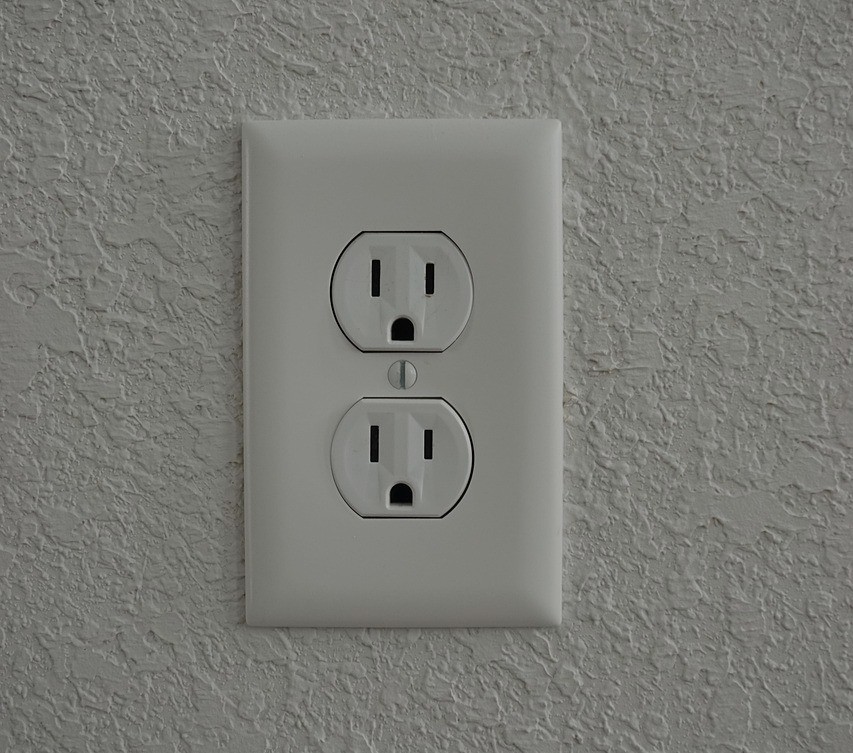New Jersey’s deregulated electricity market gives residents and businesses the power to choose their electricity supplier, creating opportunities for potential savings and customized service plans. While your local utility company remains responsible for delivering electricity to your home, you can select who supplies that electricity.
The Two-Tier System
In New Jersey’s deregulated market, electricity service is split between supply and delivery. Your geographic location determines your utility company—whether PSE&G, JCP&L, Atlantic City Electric (ACE), or Rockland Electric Company (RECO)—which handles power delivery, infrastructure maintenance, and billing. However, you can choose between purchasing electricity from this utility at their default “Price to Compare” rate or switching to a private third-party supplier.
Rate Comparison Reality
Current utility rates vary significantly across New Jersey. PSE&G customers face some of the highest rates at approximately 22.5¢ per kilowatt-hour, while JCP&L recently increased rates to 17.8¢/kWh as of June 2025. ACE offers a wider range from 9.4¢ to 25¢/kWh depending on the plan, and RECO rates fall between 14¢ and 22¢/kWh.
Private suppliers present competitive alternatives, with rates ranging from 9.26¢ to 23.88¢/kWh. Companies like First Energy, Park Power, and Constellation Energy provide options for private electric supply. These rates are subject to change. A good option is to call private companies to ask what their current rates are and compare them to your current power provider.
Making the Smart Choice
With utility rates rising up to 20% in 2025, comparing options becomes crucial. Private suppliers often provide fixed-term contracts that can protect against rate volatility, plus many offer renewable energy plans for environmentally conscious consumers. However, success depends on carefully reviewing contract terms, hidden fees, and supplier reputation before switching.
Regardless of your choice, your utility company continues handling delivery and billing, ensuring seamless service while you potentially enjoy lower electricity costs.


